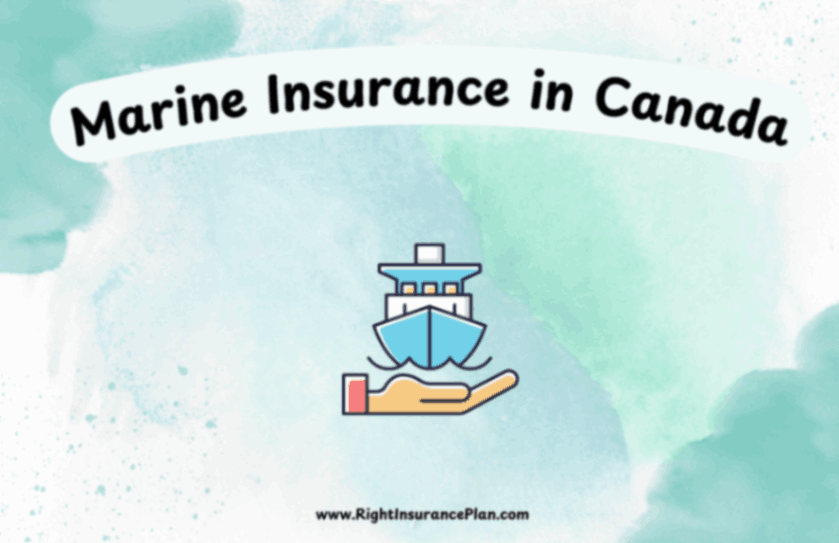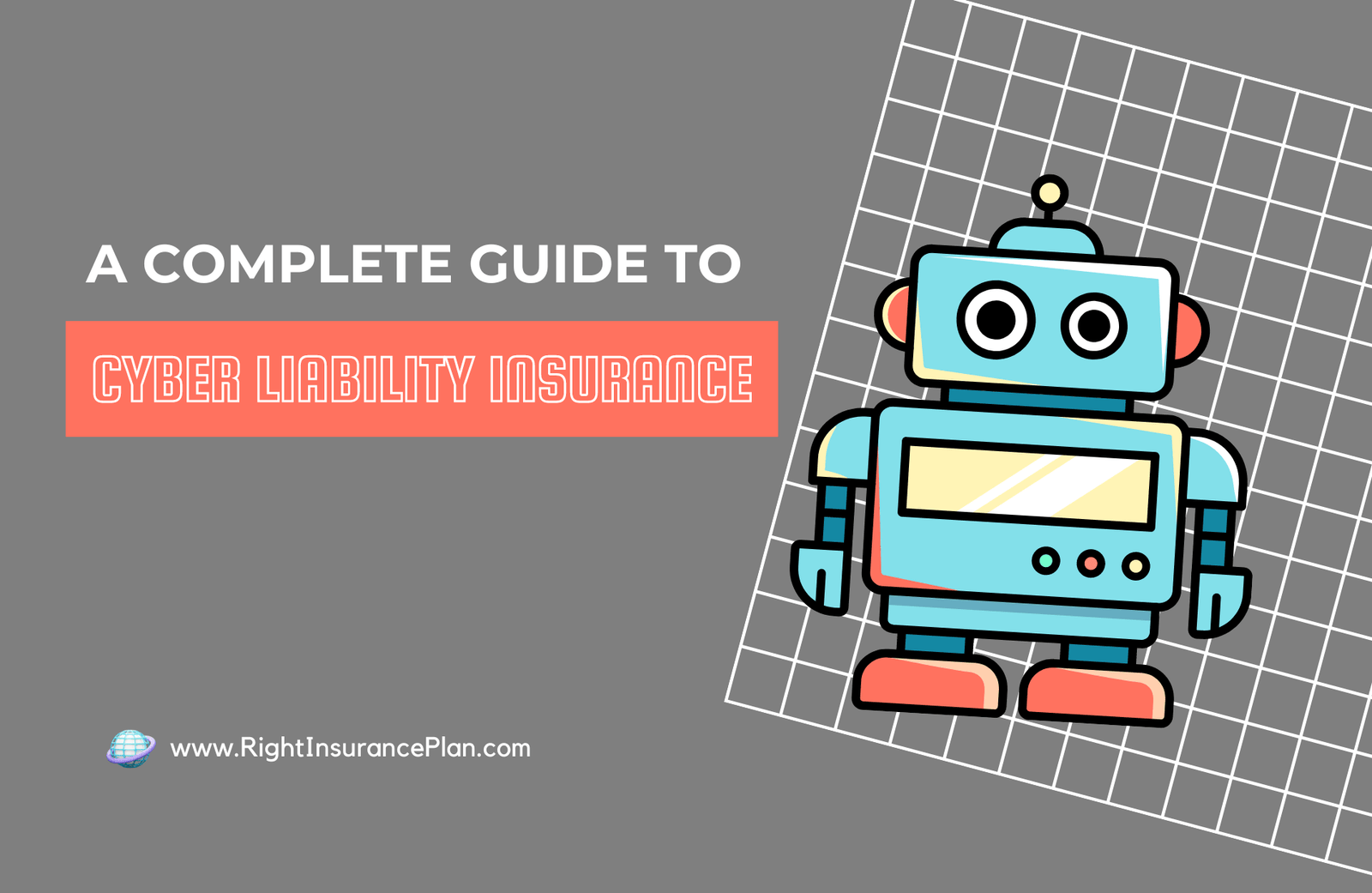
Comprehensive Car Insurance in Canada 2024
As a Canadian driver, understanding your car insurance options is crucial for protecting yourself financially and ensuring peace of mind on the road. Among the various types of auto insurance available, comprehensive coverage stands out as a valuable option for many motorists. In this blog, we'll delve into the details of comprehensive car insurance in Canada, exploring its benefits, costs, and the latest trends shaping the industry.
What is Comprehensive Car Insurance?
Comprehensive car insurance, often referred to as "other than collision" coverage, protects your vehicle from damage caused by events other than collisions. While collision coverage takes care of damages resulting from accidents with other vehicles or objects, comprehensive insurance covers a wide range of other incidents that could harm your car.
Key events typically covered by comprehensive insurance include:
1. Theft
2. Vandalism
3. Fire
4. Natural disasters (e.g., floods, earthquakes, hail)
5. Falling objects (e.g., tree branches, rocks)
6. Animal collisions
7. Civil disturbances or riots
It's important to note that comprehensive coverage is usually optional in Canada, unlike mandatory third-party liability insurance. However, if you're leasing or financing your vehicle, your lender may require you to carry comprehensive coverage.
The Canadian Auto Insurance Landscape
Before diving deeper into comprehensive coverage, let's take a look at the broader auto insurance market in Canada. According to the Insurance Bureau of Canada (IBC), the latest data shows that the Canadian property and casualty insurance industry wrote $66.1 billion in direct premiums in 2023, with auto insurance accounting for approximately 43% of this total.
The average auto insurance premium varies significantly across provinces due to different regulatory environments and unique risk factors. As of 2024, the estimated average annual premiums for some provinces are:
1. British Columbia: $1,910
2. Ontario: $1,780
3. Alberta: $1,420
4. Quebec: $800
5. Nova Scotia: $910
These figures encompass all types of coverage, including comprehensive insurance. It's worth noting that comprehensive coverage typically makes up a smaller portion of the total premium compared to collision and liability coverage.
Benefits of Comprehensive Car Insurance
1. Broad Protection: Comprehensive coverage safeguards your vehicle against a wide array of non-collision-related risks, many of which are unpredictable and beyond your control.
2. Peace of Mind: Knowing that you're protected against theft, vandalism, and natural disasters can significantly reduce stress and financial worry.
3. Preservation of Value: For newer or more expensive vehicles, comprehensive coverage helps maintain the car's value by ensuring you can repair or replace it if damaged.
4. Lender Requirements: If you're financing or leasing your vehicle, comprehensive coverage often satisfies lender requirements, allowing you to secure better loan terms.
5. Affordable Addition: Compared to collision coverage, comprehensive insurance is generally less expensive, making it a cost-effective way to enhance your overall protection.
Factors Affecting Comprehensive Insurance Costs
Several factors influence the cost of comprehensive car insurance in Canada:
1. Vehicle Value: More expensive cars generally cost more to insure, as they're costlier to repair or replace.
2. Vehicle Model: Some models are more prone to theft or have higher repair costs, affecting premiums.
3. Location: Urban areas with higher crime rates or regions prone to natural disasters may see higher premiums.
4. Deductible: Choosing a higher deductible can lower your premium but increases your out-of-pocket expenses in the event of a claim.
5. Driving Record: While less impactful than for collision coverage, a clean driving record can still lead to lower comprehensive premiums.
6. Insurance History: A history of frequent claims may result in higher premiums.
Latest Trends in Canadian Comprehensive Car Insurance
1. Technology Integration
Insurance companies are increasingly leveraging technology to assess risk and price policies more accurately. Telematics devices and smartphone apps that monitor driving behavior are becoming more common, even influencing comprehensive coverage rates. While these tools primarily affect collision and liability premiums, they can indirectly impact comprehensive rates by providing a more holistic view of a driver's risk profile.
2. Climate Change Considerations
With the increasing frequency and severity of natural disasters due to climate change, insurers are adjusting their risk models and pricing strategies for comprehensive coverage. According to the IBC, severe weather caused $3.1 billion in insured damage in Canada in 2023, significantly impacting the insurance industry. As a result, comprehensive coverage in areas prone to flooding, wildfires, or severe storms may see premium increases in the coming years.
3. Anti-Theft Technology Discounts
As vehicle anti-theft technology advances, many insurers are offering discounts on comprehensive coverage for cars equipped with modern security features. These may include GPS tracking systems, immobilizers, and advanced alarm systems. Policyholders with such features can see reductions in their comprehensive premiums by up to 15% in some cases.
4. Usage-Based Insurance (UBI) Expansion
While primarily affecting collision and liability coverage, the growing popularity of usage-based insurance programs is influencing the broader auto insurance market, including comprehensive coverage. These programs, which base premiums on actual driving behavior and vehicle usage, are expected to become more prevalent across Canada in the coming years.
5. Eco-Friendly Vehicle Incentives
As part of broader efforts to promote sustainable transportation, some insurers are offering discounts on comprehensive coverage for electric and hybrid vehicles. This trend is expected to continue as Canada pushes towards its goal of 100% zero-emission vehicle sales by 2035.
6. Cyber Security Concerns
With the increasing connectivity of modern vehicles, insurers are beginning to consider cyber security risks in their comprehensive coverage offerings. As cars become more vulnerable to hacking and digital theft, we may see new policy add-ons or expanded comprehensive coverage to address these emerging threats.
Choosing the Right Coverage
When deciding whether to add comprehensive coverage to your auto insurance policy, consider the following:
1. Vehicle Value: If your car is worth less than $3,000, the cost of comprehensive coverage may outweigh its benefits.
2. Financial Situation: Assess whether you could afford to repair or replace your vehicle out-of-pocket if it were damaged or stolen.
3. Risk Factors: Consider your location, parking situation, and the likelihood of non-collision-related damage to your vehicle.
4. Lender Requirements: Check if your auto loan or lease agreement requires comprehensive coverage.
5. Bundle Opportunities: Many insurers offer discounts for bundling comprehensive coverage with other types of insurance.
Tips for Saving on Comprehensive Car Insurance
1. Shop Around: Compare quotes from multiple insurers to find the best rates for comprehensive coverage.
2. Increase Your Deductible: Opting for a higher deductible can lower your premium, but ensure you can afford the out-of-pocket expense if you need to make a claim.
3. Install Anti-Theft Devices: Equipping your vehicle with approved security features can lead to significant discounts.
4. Bundle Policies: Combining your auto insurance with home or other policies can result in multi-policy discounts.
5. Maintain a Good Credit Score: In provinces where it's permitted, a good credit score can positively influence your insurance rates.
6. Review Your Coverage Annually: As your vehicle ages, you may want to adjust your coverage to ensure you're not over-insuring a depreciating asset.
Conclusion
Comprehensive car insurance plays a vital role in protecting Canadian drivers from a wide range of non-collision-related risks. While it's not mandatory in most provinces, it offers valuable peace of mind and financial protection for many vehicle owners. As the auto insurance landscape continues to evolve in response to technological advancements, climate change, and shifting consumer preferences, staying informed about your coverage options is more important than ever.
By understanding the benefits of comprehensive coverage, the factors that influence its cost, and the latest trends shaping the industry, you can make informed decisions about your auto insurance needs. Remember to regularly review your policy, explore available discounts, and adjust your coverage as your circumstances change to ensure you're getting the best protection at the most competitive rates.
As Canada's auto insurance market continues to adapt to new challenges and opportunities, comprehensive coverage remains a key component of a well-rounded insurance strategy for many drivers. By carefully considering your options and working with reputable insurers, you can find the right balance of coverage and cost to keep you protected on Canada's roads for years to come.
You can also check the information regarding Retirement Planning In Canada
FAQs:
1. What does comprehensive car insurance cover?
It covers damage to vehicle from:
- Theft
- Vandalism
- Fire
- Natural disasters (e.g., floods, hail, earthquakes)
- Falling objects
- Animal collisions
- Civil disturbances
2. Is comprehensive insurance mandatory in Canada?
No, comprehensive insurance is not mandatory in most provinces. However, if you're leasing or financing your vehicle, your lender may require it.
3. How is comprehensive insurance different from collision insurance?
Comprehensive insurance covers damage from events other than collisions, while collision insurance covers damage from accidents with other vehicles or objects.
4. Does comprehensive insurance cover damage to other people's property?
No, comprehensive insurance only covers damage to your vehicle. Liability insurance covers damage to others' property.
5. How much does comprehensive insurance cost?
The cost varies based on factors like your vehicle's value, location, and chosen deductible. It's typically less expensive than collision coverage.
6. Can you have comprehensive insurance without collision coverage?
Yes, many insurers offer comprehensive coverage without collision, sometimes called "fire and theft" coverage.
7. Will comprehensive insurance cover your personal belongings in the car?
Generally, no. Personal items are usually covered by homeowners or renters insurance.
8. How does the deductible work for comprehensive insurance?
You choose a deductible amount when purchasing the policy. In the event of a claim, you pay this amount, and the insurer covers the rest.
9. Does comprehensive insurance cover rental cars?
It may, but check with your insurer. Some policies extend coverage to rental vehicles.
10. Will filing a comprehensive claim raise your insurance rates?
It's less likely to raise rates compared to collision claims, but multiple claims could impact your premiums.



